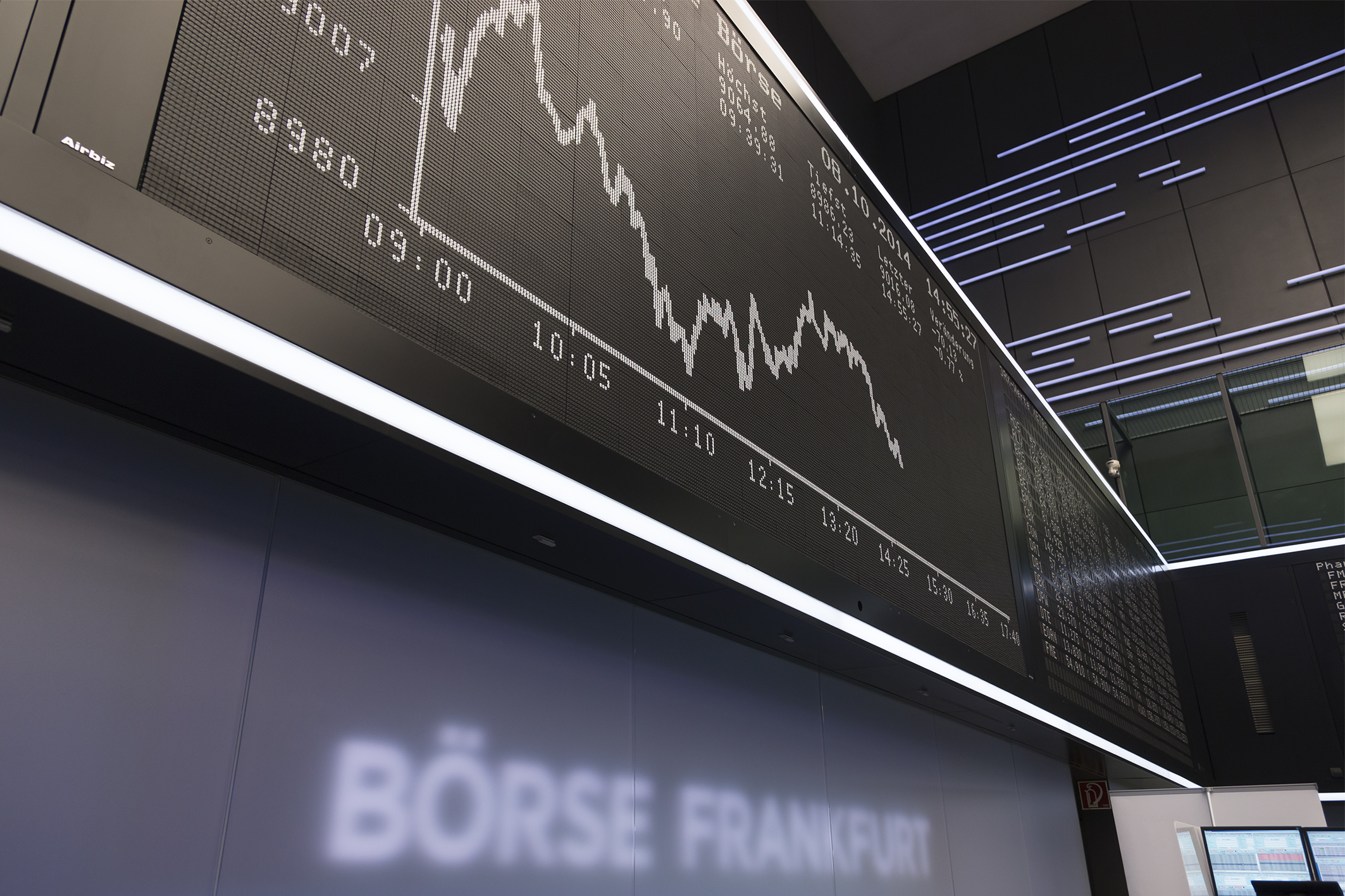''Germany's finance sector cannot become green without a political plan''

The German government has announced that it aims to make the country a “leading location” for sustainable finance. How does Germany compare to other countries in this regard?
Gerhard Schick: Germany’s federal government has been very slow to acknowledge the importance of sustainable finance for a long time. Other countries have come up with relevant initiatives much quicker, for example France with transparency rules in its energy transition law, the Bank of England in the debate over the role of central banks and within the G20, or Norway with its shift towards sustainable investments in the national fund. So, Germany is definitely a latecomer in this regard. We’re seeing now that the finance ministry has woken up to the topic, but I can’t say yet how serious it is going to be in the end.
And how well do the government’s financial activities chime with Germany’s climate policy?
Ongoing public investments in fossil industries and other environmentally damaging activities show inconsistency and dissonance in the German government’s climate policy. You would have environmental policy on one side, public investment in pensions on the other, and both are in complete disregard of one another. This makes no sense at all, neither from a domestic nor from an international perspective. Finally, the state has begun to review its investment practices but has still not decided which investments are desirable and which are not.
Apart from the state’s track record, how well is the financial sector positioned to incorporate sustainability?
There are great differences among the country’s leading institutions. You have banks like the state-owned development bank KfW that have been issuing green bonds for quite some time now. Others have not come up with much except maybe some sustainability reports that do not really touch upon any core business practices. Crucially, though, Germany’s public Sparkassen ought to ramp up their commitment substantially and become a leading force in coupling the financial sector with Germany’s climate policy. Under the country’s “three-tier” banking system, they are public banks and are officially obliged to work towards the “public good.” If you have a public banking sector, there should be no question that it must lead by example in politically desirable activities.
At the same time, you can’t just say you want to boost the share of sustainable investment for its own sake, but rather to use the financial sector’s leverage for reaching your climate targets and to establish better governance within companies in general in accordance with the ESG (environmental, social and governance) criteria. This can only work if the state provides hard criteria that are binding on everyone.
The absence of a strategy at the political level is reflected in the financial markets’ inability to adapt.
If concrete guidelines for sustainable investment remain absent, why have companies started to step up their commitment in initiatives like the Green and Sustainable Finance Cluster Germany, which brings together banks, insurers and other financial industry actors that seek to establish a common standard for sustainability?
Quite a few people active in the financial markets have started to realise that they face severe losses and the re-evaluation of their assets if the Paris Agreement’s goals are implemented – a phenomenon neatly described by the term “carbon bubble.” Any proper risk assessment that factors in the climate crisis and the responses to it is bound to conclude that inaction is not an option.
So how come financial markets are not applying this logic themselves and rely on regulatory intervention instead?
There are several reasons for this, one being that the financial markets cannot fulfil their controlling function today and value risks properly nowadays as there’s too much money available. Investors are ready to fund many projects that would not survive a thorough risk assessment. Another reason is the lack of a clear climate action roadmap in Germany. Not knowing what choices the government is going to make regarding emissions reduction in the near future makes it a rational decision to hold back innovative investment and stick with a traditional but perhaps damaging approach. The absence of a strategy at the political level is reflected in the financial markets’ inability to adapt. If the political parameters were to change, I’m sure we’d see massive changes setting in in finance pretty quickly too.
What you can see already, however, is that the idea of sustainability has made a remarkable career in the financial industry. While it used to be a largely marginalised concept just a few years ago, it is now debated at the top level and financial CEOs are often very well educated on the ecological impact of their investment choices. Then again, several other industries, like energy companies or carmakers, are eager to avoid rapid change. They know that many business models will no longer receive funding so easily once the financial industry has fully incorporated sustainability principles in its lending practices.
The German government has recently launched a Sustainable Finance Advisory Council, of which you are a member, to enhance the country’s profile in this field. What can this council do to break the gridlock mentioned above?
What it can achieve is to transfer the debate from the backroom to the broad political discourse and get lawmakers to talk about it. It must also get Germany firmly behind the existing international initiatives and ensure that the domestic sustainable finance market matures. Once Germany’s public sector, including public banks and insurers, really gets into gear, we could see rapid progress that might actually deliver on making the country a leading sustainable finance location. The three-tier model can really be an asset here if its potential is used to the full. The Sparkassen’s mandate to work for the public good is not fulfilled if they set up a solar panel on the roof of their offices but rather if they help financing solar panels for thousands of their customers.
What about people struggling to, say, secure a real estate loan already today? Wouldn’t tighter sustainability criteria make it even more difficult for them to participate in the credit market and increase the price of banking services in general?
If the lending criteria are tightened based on environmental considerations, this would not make anyone worse off. It would merely factor in possible events that might otherwise occur later in the repayment period, for instance a price increase for CO2 certificates, and would help avoid default scenarios for both the bank and the borrower. You can’t just ignore that fundamental changes are taking place in energy or mobility and you’d better factor them in early on. And while educating bank consultants on sustainability to ensure that customers are properly informed about sustainability aspects will indeed create additional costs, I’m sure that it will pay off because the lending practices will become sounder.

